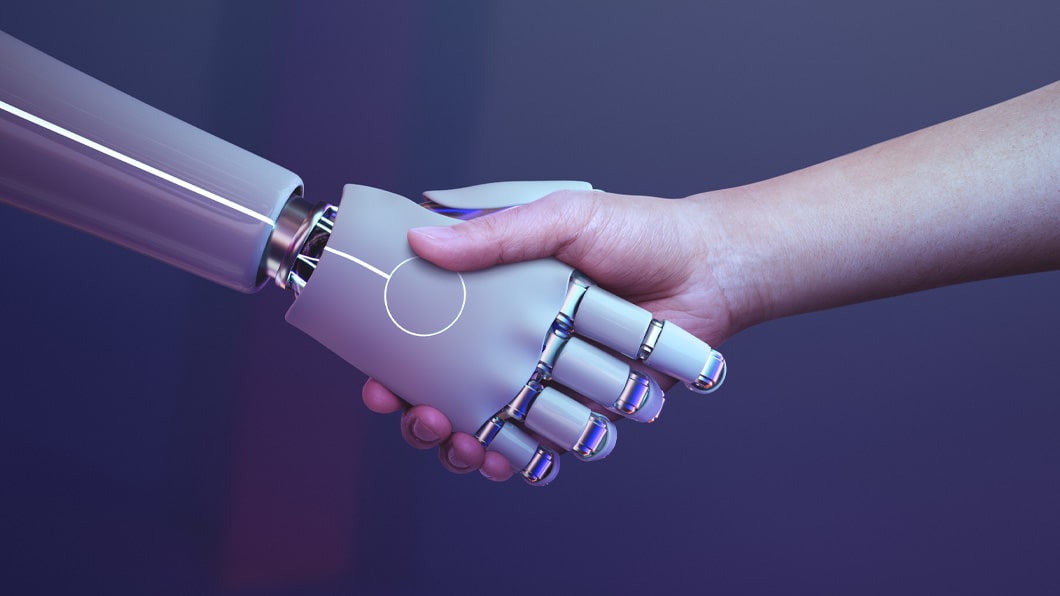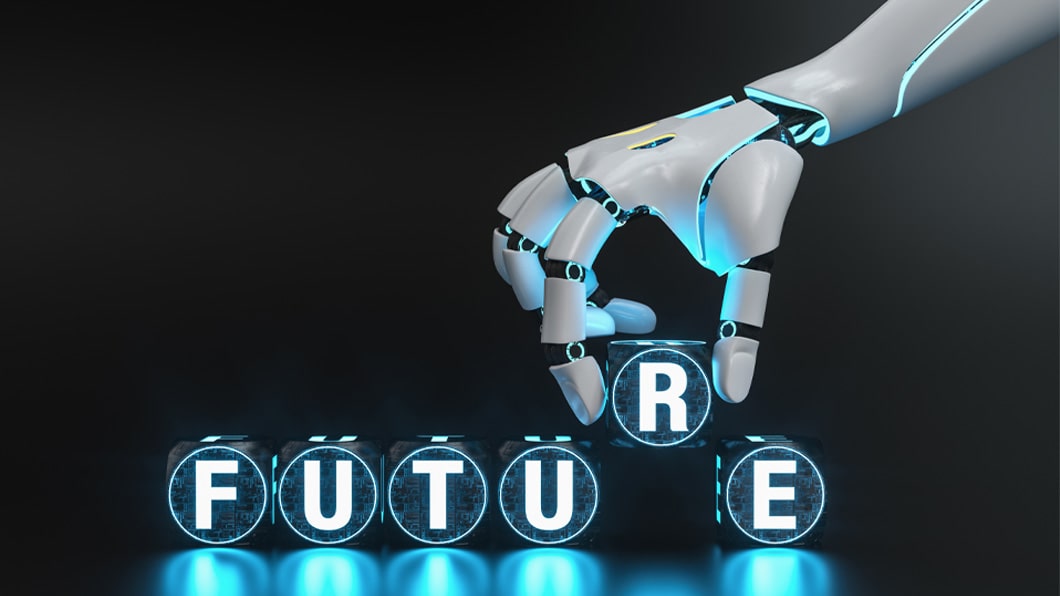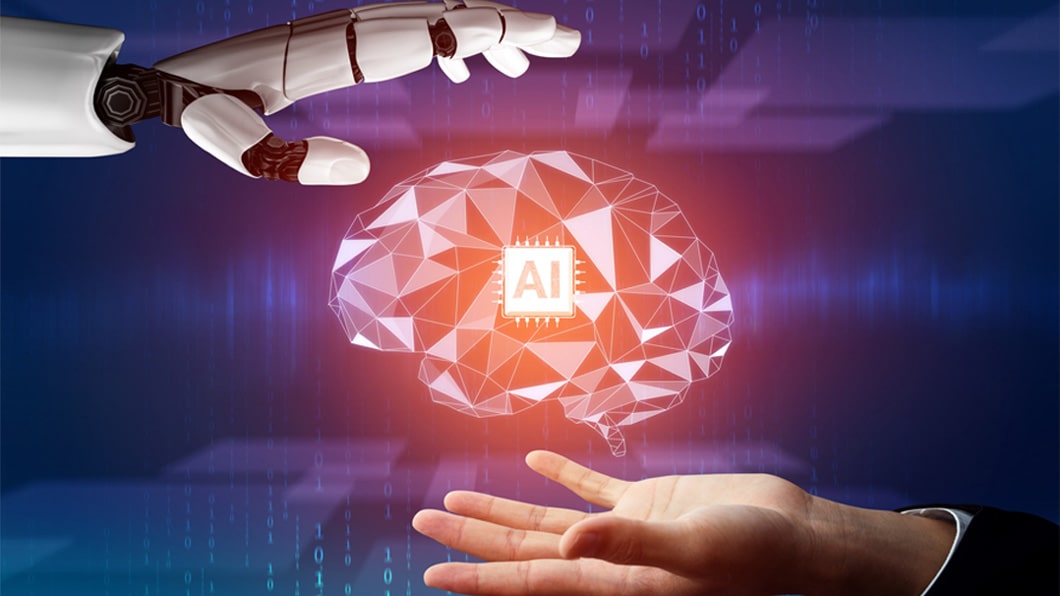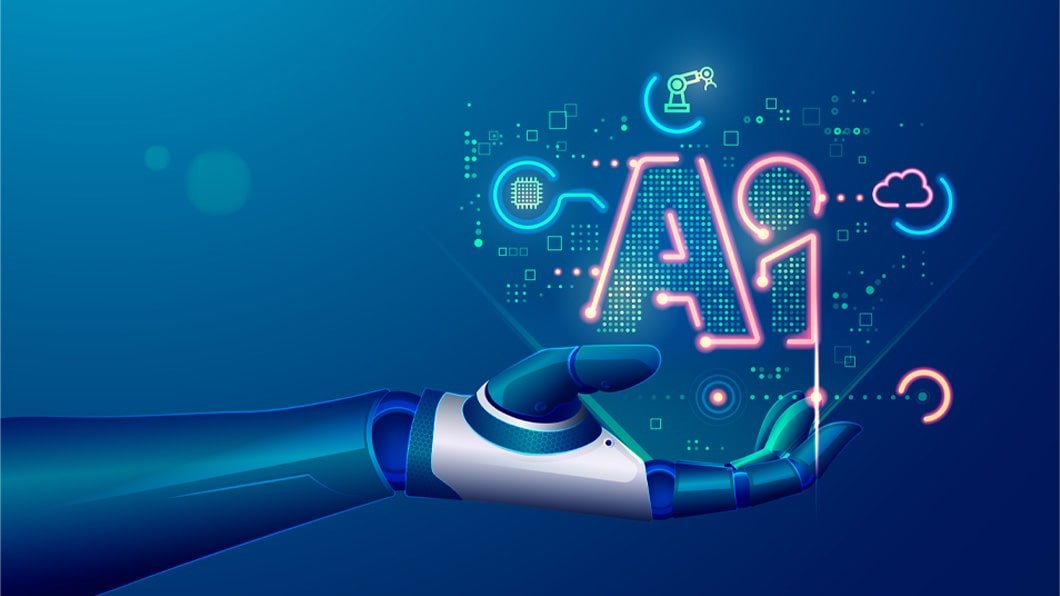
The Future of Artificial Intelligence
Introduction:
Artificial Intelligence (AI) has emerged as a transformative technology that has the potential to revolutionize various aspects of our lives. From automated systems and virtual assistants to advanced data analysis and decision-making, AI is rapidly advancing and shaping the future of numerous industries. This article explores the current state of AI and provides insights into its future developments, challenges, and potential impacts.
Current State of AI
AI has made significant strides in recent years, driven by advancements in machine learning, deep learning, and natural language processing. We are witnessing the integration of AI into various domains, including healthcare, finance, transportation, and entertainment. Intelligent systems powered by AI are capable of analyzing vast amounts of data, identifying patterns, and making predictions with remarkable accuracy.
Companies are utilizing AI-powered chatbots and virtual assistants to enhance customer service and support, while autonomous vehicles are being developed to revolutionize transportation. AI algorithms are transforming healthcare by enabling more accurate diagnostics and personalized treatment plans. In the financial sector, AI algorithms are employed for fraud detection, risk assessment, and algorithmic trading.
The Future of AI

The future of AI holds immense potential and is expected to bring about significant advancements across multiple domains. Here are some key areas where AI is poised to make a profound impact:
- Automation and Robotics: AI-driven automation is set to revolutionize industries by streamlining processes, improving efficiency, and reducing human errors. Robotic process automation (RPA) coupled with AI capabilities will enable businesses to automate repetitive tasks, allowing human workers to focus on higher-value activities. In manufacturing, robots equipped with AI algorithms will enhance precision and productivity, transforming production lines.
- Healthcare and Medicine: AI will play a pivotal role in the healthcare sector, aiding in the development of personalized medicine, drug discovery, and diagnostics. AI algorithms can analyze large datasets to identify disease patterns, predict outcomes, and assist in early detection. Virtual healthcare assistants powered by AI will provide personalized patient care, monitor vital signs, and offer real-time health recommendations.
- Smart Cities and Infrastructure: AI will be instrumental in creating smarter and more sustainable cities. Through the integration of sensors, AI algorithms will optimize energy usage, improve traffic management, and enhance public safety. AI-powered systems will enable efficient waste management, monitor environmental conditions, and respond proactively to changing needs and emergencies.
- Education and Learning: AI has the potential to transform the education landscape by enabling personalized and adaptive learning experiences. Intelligent tutoring systems can analyze student performance data to tailor educational content and provide targeted support. AI-powered chatbots can assist learners in accessing information, answering queries, and facilitating interactive learning experiences.
- Ethics, Privacy, and Regulation: As AI becomes increasingly sophisticated and pervasive, it raises important ethical and privacy considerations. The future of AI will involve the development of robust frameworks and regulations to ensure transparency, fairness, and accountability. Striking a balance between innovation and responsible AI deployment will be crucial in addressing societal concerns and building trust.
Challenges and Considerations
 Despite the promising future of AI, several challenges and considerations need to be addressed:
Despite the promising future of AI, several challenges and considerations need to be addressed:
- Ethical Decision-Making: AI algorithms must be designed to make ethical decisions and avoid bias. Efforts should be made to ensure AI systems uphold human values, fairness, and non-discrimination.
- Data Privacy and Security: As AI relies on vast amounts of data, privacy and security become critical concerns. Protecting sensitive data and ensuring secure AI infrastructure will be paramount to maintain public trust.
- Human-AI Collaboration: Ensuring effective collaboration between humans and AI systems will be crucial. Developing interfaces and mechanisms that facilitate seamless interaction and cooperation between humans and AI systems will be necessary to maximize the benefits of AI while harnessing human expertise and intuition.
- Continued Research and Development: The future of AI depends on ongoing research and development to advance algorithms, improve AI capabilities, and address existing limitations. Collaboration between academia, industry, and government organizations is vital to foster innovation and drive AI advancements.
- Workforce Adaptation and Skills: The rise of AI will reshape the job market, requiring workers to adapt and acquire new skills. Governments, educational institutions, and businesses should invest in reskilling and upskilling programs to ensure individuals can thrive in an AI-driven future.
Conclusion

Artificial Intelligence is poised to shape the future in profound ways, revolutionizing industries, enhancing efficiency, and transforming the way we live and work. From automation and healthcare to smart cities and education, AI will have a significant impact across various domains. However, addressing ethical considerations, data privacy, and ensuring human-AI collaboration are crucial to realize the full potential of AI. With continued research, development, and adaptation, we can navigate the challenges and create a future where AI coexists harmoniously with humanity.
FAQs (Frequently Asked Questions)
FAQ 1: Will AI replace human jobs entirely?
While AI will automate certain tasks, it is unlikely to replace all human jobs. Instead, AI is expected to augment human capabilities and create new job opportunities in emerging fields.
FAQ 2: How can AI contribute to sustainability efforts?
AI can optimize energy usage, improve resource allocation, and enhance environmental monitoring. By enabling smarter decision-making and efficient systems, AI can support sustainability initiatives.
FAQ 3: Can AI be biased?
AI algorithms can exhibit bias if not developed and trained properly. It is crucial to address bias and ensure fairness and transparency in AI systems through rigorous testing, diverse datasets, and ongoing evaluation.
FAQ 4: Will AI have a negative impact on privacy?
AI relies on data, which raises concerns about privacy. Safeguarding personal data, implementing strong security measures, and adhering to privacy regulations are essential in mitigating privacy risks associated with AI.
FAQ 5: How can individuals prepare for the AI-driven future?
Individuals can prepare for the AI-driven future by embracing lifelong learning, acquiring skills in areas that complement AI, and staying adaptable to technological advancements. Continuous education and a growth mindset will be crucial in navigating the evolving job market.









